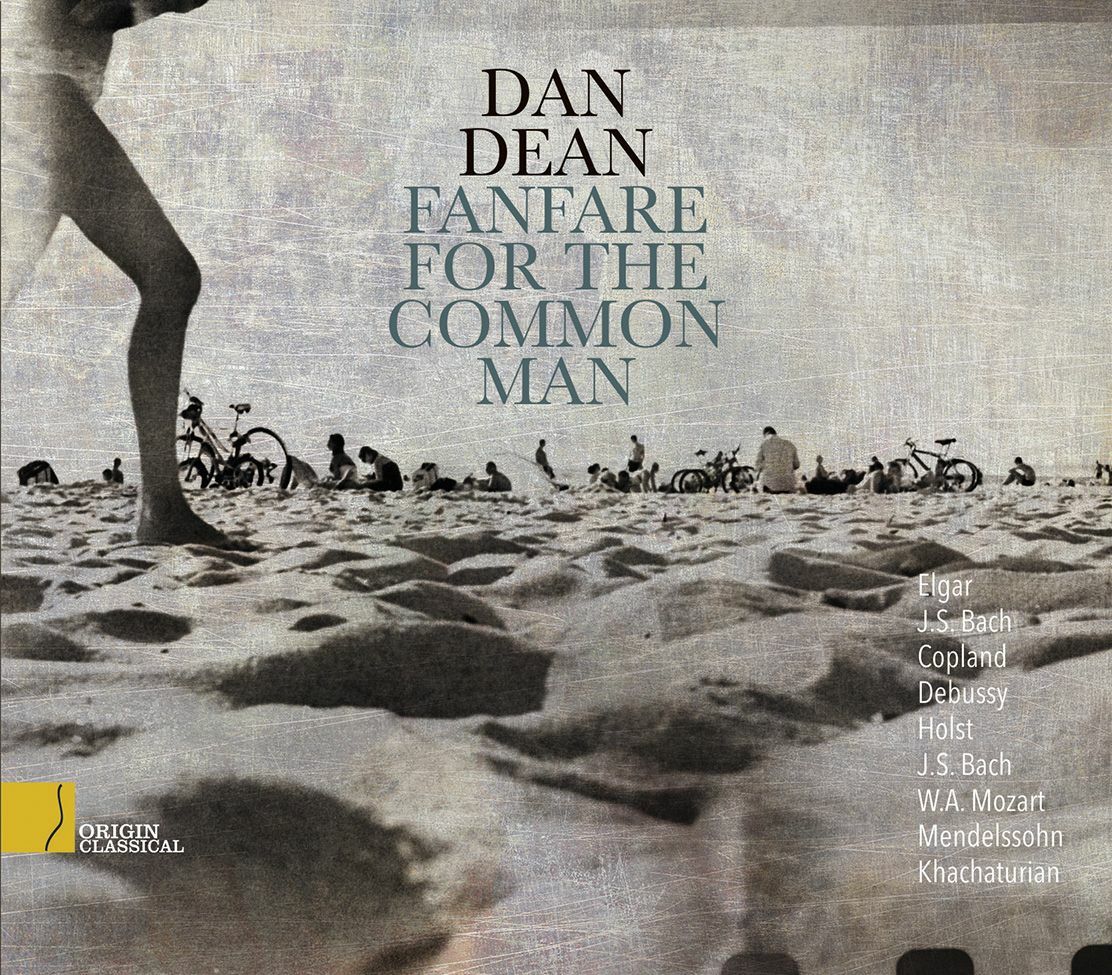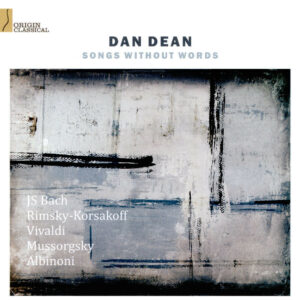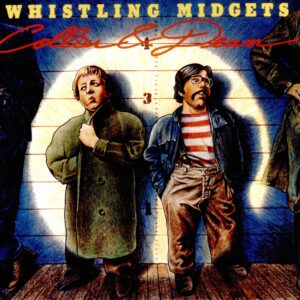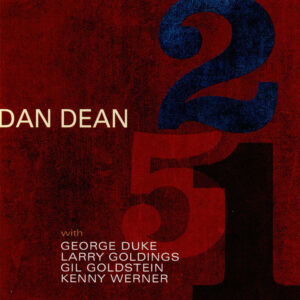Description
One has come to expect the unexpected from multi-talented artist Dan Dean. In the midst of a successful forty year career as a bassist, composer, producer and recording engineer, Dean has in recent years delved into classical vocal works. What began as a project for electric bass and orchestra, 2017’s “Songs Without Words” evolved into a multi-layered, highly ambitious choral work, with Dean himself supplying vocals on arrangements of pieces by Bach, Rimsky-Korsakov and Mussorgsky. Shortly after its release, he began arranging more classics that inspired him and returned to the studio for this second volume. The result is Fanfare For the Common Man, featuring much loved works by Mozart, Mendelssohn, Elgar, and Debussy. From Bach’s Baroque masterpiece, “Brandenburg Concerto #3 in G Major,” to Holst’s broadly cinematic “Mars: The Bringer of War.”
TRACK LISTING:
Elgar: The Enigma Variations: IX. “Nimrod” 4:08
J.S. Bach: Brandenburg Concerto #3 in G major, “Allegro” BWV 1048 3:10
Copland: Fanfare for the Common Man 3:34
Debussy: Prelude 8, La Fille Aux Cheveux De Lin (“The Girl with Flaxen Hair”) 2:33
Holst: The Planets – Mars, The Bringer of War 6:49
J.S. Bach: Cantata “Wachet Auf Ruft Uns Die Stimme”, BWV 140 5:07
J.S. Bach: French Suite #1 in D minor, “Sarabande”, BWV 812 2:50
W.A. Mozart: Eine Kleine Nachtmusik, K. 525 8:04
J.S. Bach: Cantata, “Jesu, Joy of Man’s Desiring”, BWV 147 2:41
Mendelssohn: A Midsummer Night’s Dream – Scherzo, Opus 21 4:35
Khachaturian: Gayane’s Adagio 4:53
PERFORMANCE:
Dan Dean – Vocals, Whistle
PRODUCTION INFO:
Produced by Dan Dean
Recorded & mixed by Dan Dean at DDP Studios, Mercer Island, WA
September 11, 2017 – September 17, 2018
Mastered by Friedemann Tischmeyer, Hamburg, Germany
Cover photo by Donatas
Photograph of Dan Dean by Steve Korn
Cover Design & Layout: John Bishop






